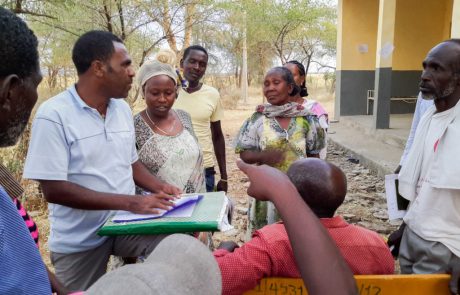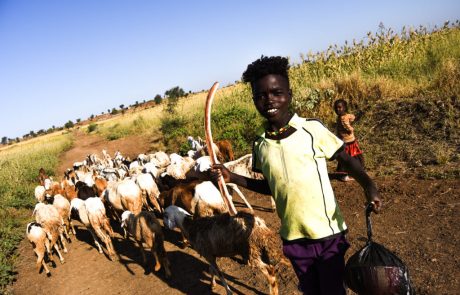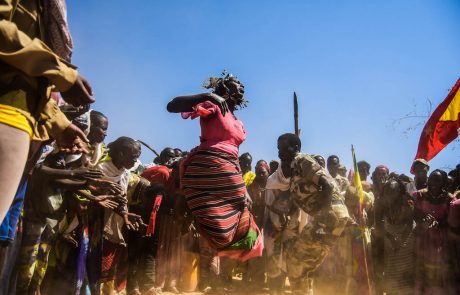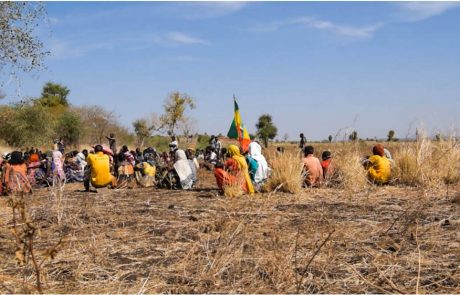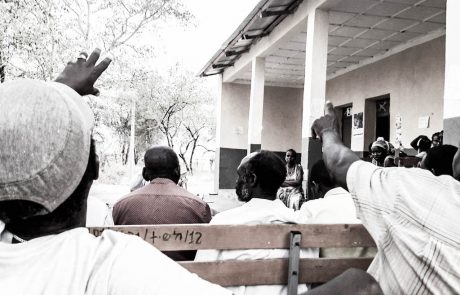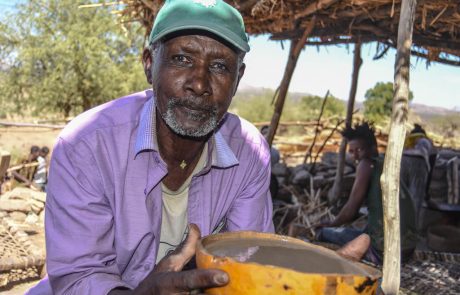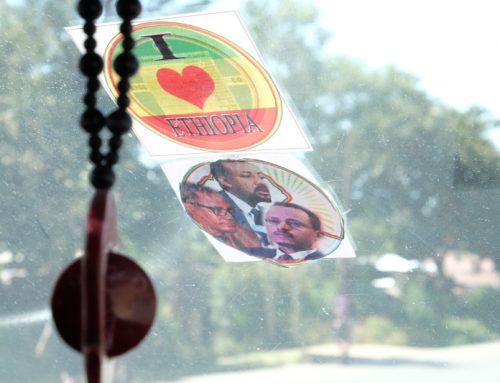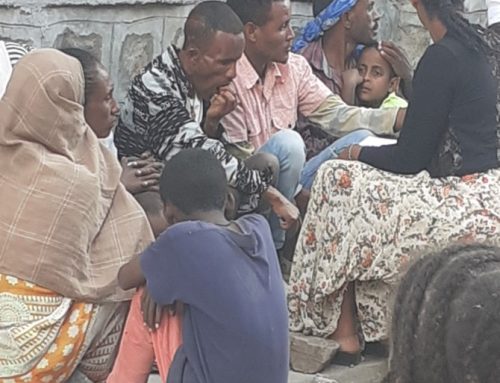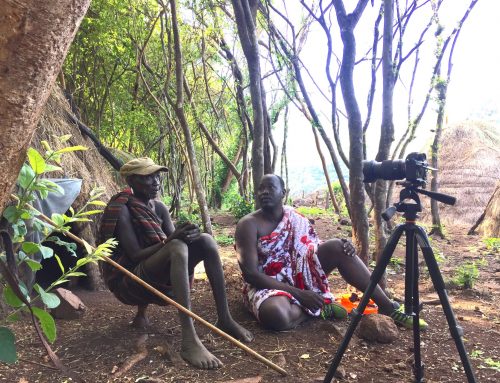Mitiku Tesfaye and Mahlet Alemu Gebrehiwot
This project filled a critical knowledge gap, using the concept of identity to better understand political representation and participation in democratic processes in a remote area of Tigray, Northen Ethiopia. Fieldwork was carried out amongst the Kunama – a Nilotic people living along the Ethiopia-Eritrea border – including elders, administrators, local parliamentarians, peasant association leaders, police, ex-TPLF fighters, and the youth. Using ethnographic fieldwork, interviews, and focus group discussions the team recorded experiences about the origins, modes, and dynamics of Kunama politicisation, as well as tracing the development of different socio-political forms of communication between Kunama leaders and their people over time.
Immersed in an ethos of collaboration and giving back, rather than simply extracting knowledge from the researched, lead investigator Mitiku Gabrehiwot facilitated several relationships that will help connect different generations of Kunama and connect Kunama to others. These included events to promote knowledge exchange within Kunama communities, particularly between the generations about Kunama political history; seeding interest amongst future scholars to consider researching issues around indigenous political administration and integration in neglected Tigrayan communities; and creating an online platform for the collation and dissemination of research materials connected with the project, in order to generate awareness and prompt circulation of knowledge about the Kunama to an international audience. Plans are also underway, in partnership with the Kunama Office of Culture and Tourism and Society for the promotion of Museums in Ethiopia, to apply for funding for an ethnographic museum and to provide technical training to Kunama youth to oversee and manage it.
About the team
Mitiku Tesfaye is an Associate Professor of Anthropology. He has worked as an anthropologist in the areas of identity, customary law, intercultural communication and medical anthropology. He uses film and photography in his ethnography.
Mahlet Alemu Gebrehiwot is a development anthropologist interested in migration, returnees, gender, inclusive policies, and development intervention schemes. Currently, she is working on youth and their role in health promotion and livelihood diversification.

